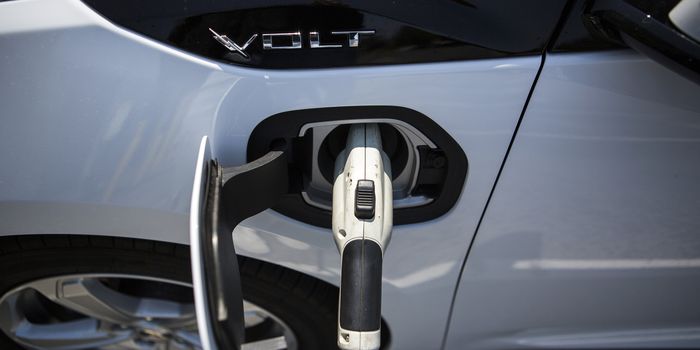New EV Tax Credit Rules and Their Implications for Car Buyers
Changes in Tax Credit Regulations Aim to Boost Electric Vehicle Adoption
According to The Streets, Investors are looking forward to a busy week, focusing on company earnings and updates in the electric vehicle (EV) market. Although the U.S. economy didn’t add many jobs last month, investors are hopeful that the Federal Reserve might lower interest rates soon. This could help the economy, and investors are thinking there’s a 50 percent chance of rate cuts by September. Also, people are interested in seeing how companies like Airbnb, Uber, and Warner Brothers Discovery did in the last few months.
In the EV world, there are new rules about tax credits that are catching people’s attention. The U.S. government changed some rules to make it easier for carmakers to follow battery regulations. This could mean more EVs can get tax credits, up to $7,500. But there are conditions – like how much money you make, where the car was made, and what’s in the battery. If the battery has materials from countries like China or Russia, the full tax credit might not apply.
READ ALSO: Taxing Questions: Sports Team Owners Paying Less than Players Spark IRS Probe

Biden Administration Aims to Accelerate Electric Vehicle Adoption with Ambitious Targets
The aim of these changes is to encourage more Americans to transition to electric vehicles. President Biden aims for half of all new cars sold to be electric by 2030. Despite this target, electric vehicle sales only increased by 3.3 percent in the first part of this year. This has led to discussions about introducing more incentives and policy changes to accelerate the adoption of electric cars. These efforts highlight the growing significance of electric vehicles in our transportation choices and environmental stewardship.
